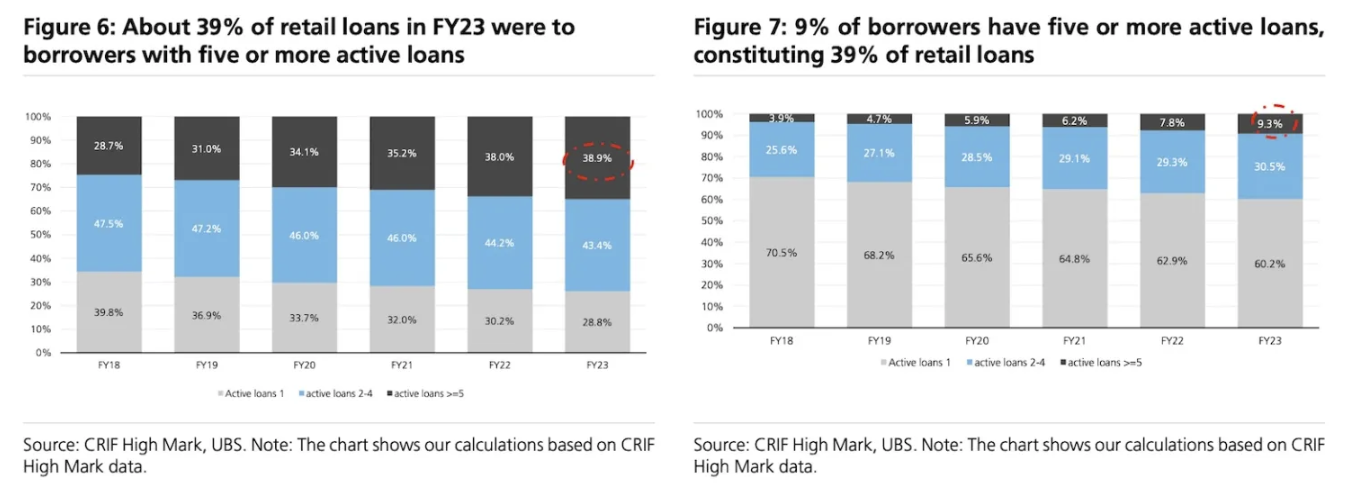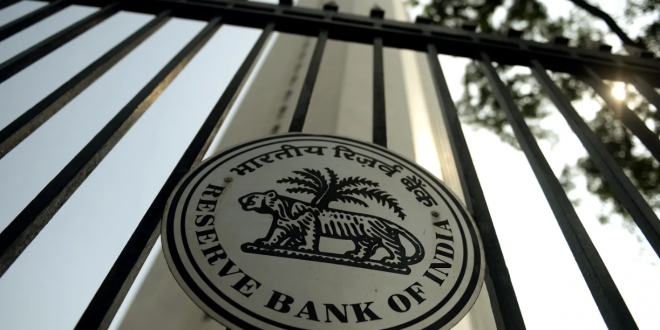Industry executives said India’s central bank has slowed consumer credit growth, hurting consumer spending and South Asian startups.
The RBI increased risk weights on bank and NBFC unsecured personal loans, credit cards, and consumer durable loans by 25% to 125%. The RBI said the new measures exclude mortgages, auto, education, and gold-backed debt.
Similar measures were announced for banks. It raised bank and NBFC credit card receivable risk weights to 150% and 125% from 125% and 100%.
Data shows that unsecured loan growth is nearly twice total credit expansion, prompting the decision. They show the RBI is “becoming increasingly wary of the growth of these loans,” Goldman Sachs analysts said Friday.

Most startups rely on NBFCs for consumer loans, so lending partners’ tightening will affect them. A fintech founder, who requested anonymity, said the move will slow growth “by a bit” and raise startup capital costs.
Higher funding costs and capital requirements will hurt BNPL/PL product profitability for Paytm’s lending partners. Jefferies analysts reported that they may tighten credit standards and/or moderate growth from current levels.
Analysts said the measures indicate that RBI is concerned about NBFCs’ growing reliance on bank funding and unsecured loan growth.
The implementation of these measures will, at least theoretically, reduce structural ROEs in consumer lending, particularly for NBFCs due to higher banking system costs of funds and tighter competitive intensity, as we had previously noted that higher competition would mean lower unit economics, slower growth, and/or asset quality challenges, Goldman Sachs analysts said.
Bajaj Finance, IDFC First, and SBI, which have the highest percentage of unsecured personal loans in their books, are expected to be most affected.
In India’s finance sector, bank funding to NBFCs has increased over the last few years and now accounts for >50% of borrowings. However, mutual fund/insurance company borrowings are falling. According to RBI commentary, this prompted their action, which would increase NBFC bank borrowing costs. We believe this would also increase competition in alternative borrowing sources, raising the cost of funds, Goldman Sachs analysts added.
 Tech Gadget Central Latest Tech News and Reviews
Tech Gadget Central Latest Tech News and Reviews




